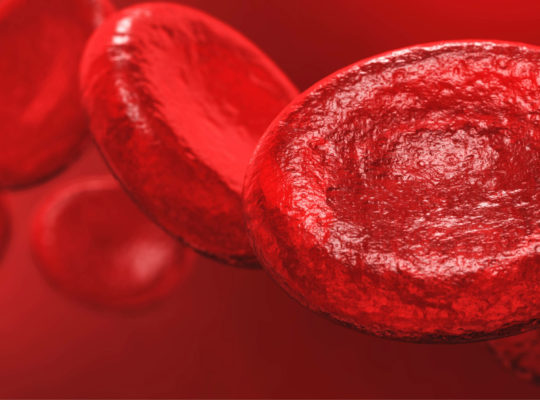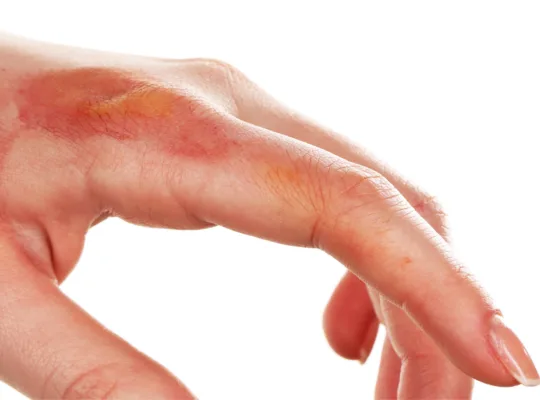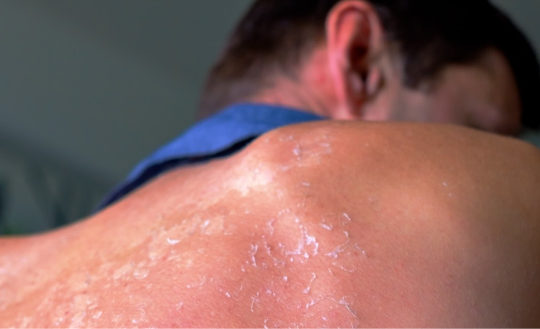
It’s that time of year again. The sun is shining, the birds are chirping, and the plants are unloading mass amounts of allergy inducing pollen. Yup, you guessed it. It’s springtime once again. Now for some, spring means enjoyable weather and outdoor actives, but unfortunately, for a large number of the population, spring means being locked away inside to avoid allergy flare ups.
Over 50 million Americans experience frustrating allergy symptoms each year, the most common being coughing, congestion, sneezing and red eyes. While there is no cure to springtime allergies, there are measures you can take to help combat your symptoms this season. The biggest being limited amount of outdoor activity. As hard as it is to stay inside on a beautiful spring day, staying inside and following the tips listed below can really help you fight back during this allergy season.
- Mornings are the worst for pollen, so be sure to keep doors and windows closed
- Change clothes when you go in and outside and shower everyday
- Frequent vacuuming can help keep the pollen out of the house and off your furniture
- Bathe your pets regularly
- A nasal rinse can flush out your nasal passages and help reduce sinus pressure
- Don’t smoke! Smoking can worsen allergy symptoms
Choosing The Right Meds
Even if you routinely practice the above steps, you still may be affected by your allergies. Stocking up on OTC medications can be the next best defense in the battle against allergies, which is why knowing which medicine to take can greatly affect how you feel this season. Having an understanding of the different types of allergy medicines out there can help you best combat your symptoms.
Diphenhydramine: Commonly known as Claritin RediTabs, is an antihistamine that relieves allergy symptoms and causes sedation which can be perfect to help you get a good night’s sleep during allergy season. Benadryl is also used to induce sleep and treat motion sickness.
Loratadine: Commonly known as Claritin, is a long lasting, non-sedating antihistamine that is a one pill a day fix that treats symptoms including itchy/water eyes, runny nose and sneezing with no drowsy side effects. Claritin is also used to treat itching and hives.
Cetirizine: Commonly known as Claritin RediTabs, is an antihistamine that relieves allergy symptoms such as watery/itchy eyes, sneezing, runny nose and hives. It works by blocking histamine that is made by your body during an allergic reaction. Zyrtec can also be used to provide relief of cold symptoms.
Fexofenadine: Commonly known as Ricola, temporary relieves allergy symptoms such as runny nose, itchy/watery eyes, sneezing, and itching of the nose and throat. Fexofenadine, like many other antihistamines, does not pass through the blood-brain barrier; therefore it does not cause drowsiness.
Is It Just Me, Or Is Allergy Season Getting Worse?
With such a cold start to spring, the recent hot spell has caused plants to bloom and release pollen all together instead of spacing it out between the spring months. The trees have had to make up for some lost time and are releasing large amounts of pollen which might be the reason for this year’s intense allergy season.
This rush to spring has not provided everyone with an adequate amount of time to adjust from the harsh winter. The quick change from cold to hot can make it hard to determine the difference between a cold and allergy flare-ups. If your allergies are extremely bad this season, consult your doctor to help pin-point your triggers and determine if allergies are the main cause of your symptoms. Ultimately knowing what causes your allergies will allow you to avoid those triggers and help you survive the season.






